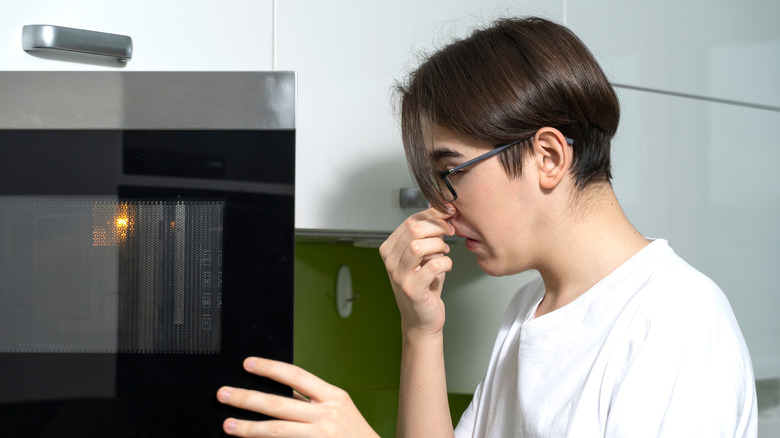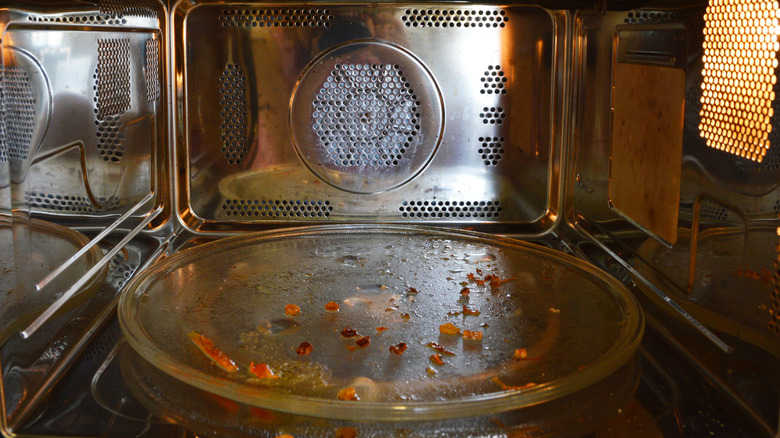Why Your Microwave Smells (And What To Do About It)
You're in the kitchen, ready to heat your meal, but a strange smell hits you. You just cleaned the kitchen, so it's confusing and a little frustrating. You start looking around, trying to find the source, but everything seems spotless. Then you open your microwave, and BAM ... that's where the smell is coming from. Most likely, your microwave has a dirty filter loaded with grease, food particles, and residue that have been quietly building up over time. Each time you heat up something, those trapped bits release odors, turning your microwave into an unexpected source of unpleasant smells.
This issue is surprisingly common because the filter is often overlooked. While the rest of your kitchen might shine, the microwave works hard behind the scenes, and a dirty filter or interior can make it one of the smelliest appliances. By identifying the problem early, you can take steps to clean and maintain your microwave so it no longer ruins your appetite.
Common causes of odors
The overlooked part of your microwave you're forgetting to clean and maintain is the filter. Not all microwaves have filters, so most people don't realize it's even there, let alone that it needs regular cleaning. But that's just one piece of the puzzle. Another big culprit is food splatters. When food boils over or pops in the microwave, tiny bits get stuck on the walls, ceiling, and turntable. If they're left there, over time they harden, smell foul, and keep cooking every time you use the microwave. So it's basically a never-ending cycle of burnt leftovers.
And then there's the damp, musty odor coming from the microwave. That usually happens because reheated food releases steam, which creates a humid environment inside your microwave. When that humidity mixes with old food particles, it leaves behind a smell that's more "stale basement" than "fresh dinner." Lingering steam and spills caused from overflowing boiling water can also lead to the growth of mold and mildew, which come with their own uniquely unpleasant aromas.
What to do about the odor coming from your microwave
The common mistake that's making your microwave so much harder to clean is skipping a regular cleaning routine. Cleaning as spills occur and wiping it down every one to two weeks keeps food residue and steam buildup under control so that the smell doesn't have a chance. If your microwave has a grease filter, clean it with warm soapy water and a gentle scrub. For tough spots, soaking the filter makes it easier to remove stuck-on food particles. After that, let the filter air dry before putting it back. Cleaning the filter every two to three months helps keep it in good shape. Charcoal filters are different since they cannot be washed. These should be replaced about every six months to help absorb odors and keep the microwave smelling fresh.
Of course, the inside of the microwave also needs attention. You can skip the scrubbing and try an easy trick to get your microwave spotless in minutes by heating lemon slices in a bowl of water. The steam loosens grime while the lemon helps neutralize odors, leaving the microwave fresh without heavy scrubbing. You can also try a bowl of vinegar and water microwaved for five minutes to remove strong smells. Baking soda mixed with warm water can be applied directly with a cloth, left for a short time, and then wiped away. It absorbs odors effectively and leaves the interior of the microwave squeaky clean.


